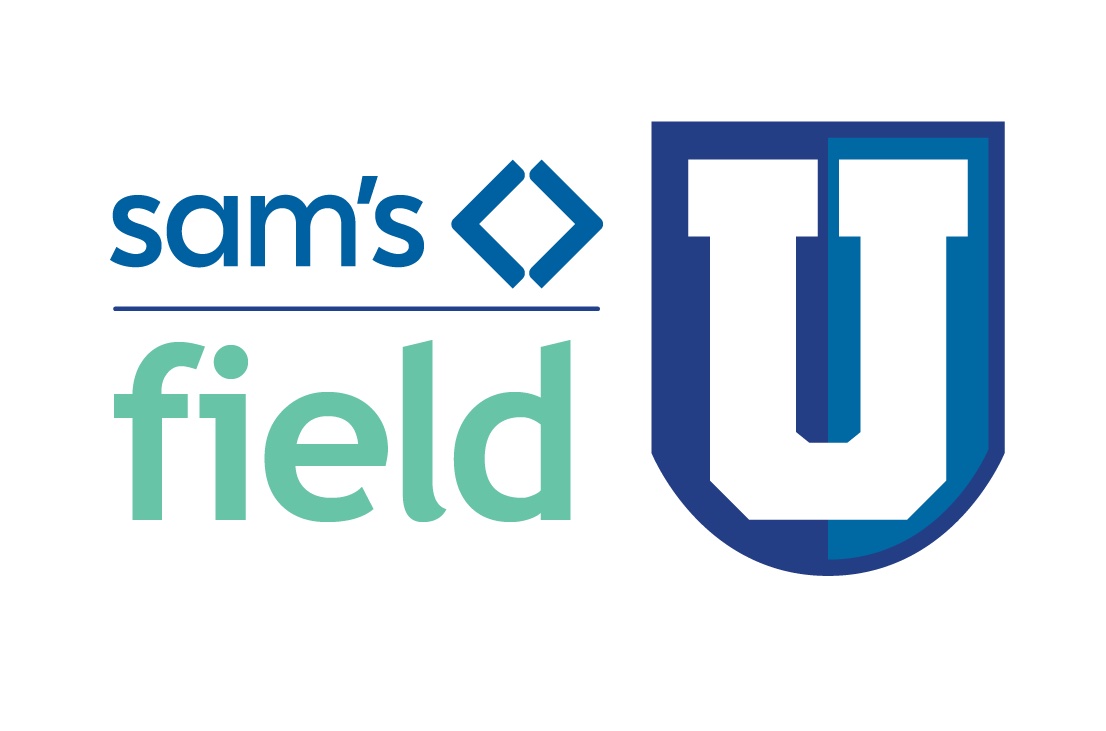
Supporting Managers Through a Changing Environment
December 16, 2021
At a Glance
Sam’s Club developed a new training program for emerging managers that prepares participants to handle unique challenges involved in leading teams of frontline workers at a time of rapid change.
The events of the past 18 months have permanently altered the business landscape while highlighting our nation’s collective need to take action to advance equity and provide all people with opportunities for economic advancement. And in workplaces across the country, managers will be at the forefront of employers’ efforts to fulfill those goals.
Managers are the conduits through which information flows throughout organizations. In that role, they will process and share updates and insights about changes from both executive leaders in the C-suite and hourly workers on the front lines. They will be responsible for aligning day-to-day activities and tasks with their employers’ overarching goals and organizational missions. They will also lead and support their teams as workers learn, adopt, and carry out new activities and tasks—and they must make sure that everything takes place in a sustainable, safe, and effective manner.
Given the rapid pace of change workers and employers have experienced throughout the COVID-19 pandemic, JFF convened a group of corporate leaders as part of an Action Collaborative focused on supporting managers as they navigate this changing environment.
Co-chaired by Jennifer Buchanan, the senior director of field learning and development at Sam’s Club, and JFF, the collaborative featured activities and conversations designed to help participants identify and find solutions to three main challenges facing frontline managers: the need to connect with team members and meet them where they are; concerns about employee well-being; and issues related to hiring, retention, and attrition.
Here are more detailed looks at each of those challenges.
- Meeting Your People Where They Are. Each and every person’s experience of the pandemic is unique. Whether they’ve lost a loved one, faced illness themselves, taken on added child care responsibilities, shifted to a completely virtual work environment, or remained on the front lines throughout the entire ordeal, individual employees are expecting managers to understand their unique circumstances and design and implement workable, personalized solutions. This can be challenging for managers at any time, but especially so when they are simultaneously being asked to enforce new organizational policies that aren’t necessarily flexible enough to accommodate every employee’s needs. (In 2021, many managers probably faced those types of challenges when their company leaders called for vaccine mandates or issued return-to-the-office directives, for example.)
- Concerns About Well-being. Whether working from home or on site, employees are increasingly experiencing feelings of loneliness which can result in health problems, reduced productivity, turnover, and burnout. Eager to address their employees’ wellness needs while at the same time coping with their own, managers are pressed to model constructive habits and lead by example, disseminate wellness information, and create working environments that limit stress and promote connectedness.
- Hiring, Retention, and Attrition. Although the unemployment rate fell to 4.2 percent in November 2021, many companies are having trouble filling job openings—a challenge that’s been linked to a number of factors, including expanded unemployment benefits, health concerns, burnout, parental responsibilities, and credentialing bias, just to name a few. Relatedly, PwC reports that 88 percent of executives responding to a recent survey said their companies are experiencing higher turnover than normal and according to the Bureau of Labor Statistics, 4.2 million Americans quit their jobs in October 2021—part of an ongoing trend that is now being called the Great Resignation. Companies are struggling to retain talent as an increasing number of people are stepping away from their jobs for reasons that include a need for greater flexibility, a desire to explore new career opportunities, or perhaps a decision to just take a break for a while. These are all macroeconomic trends, but they have an immediate impact on the day-to-day work of managers who must hustle to hire new people and do whatever they can to retain their current team members.
A Proactive Response
At Sam’s Club, Jennifer Buchanan and her team have taken a proactive approach to supporting managers to ensure that they can address these challenges effectively. Specifically, the company is focusing on early interventions that emphasize training and education—including an effort to train employees for managerial duties before they even step into management roles.
“Supporting associates en route to management roles is a critical part of our holistic HR investment. It directly contributes to increasing tenure and reducing turnover because it provides associates with a clear path to their future with our company,” Buchanan says. “The pandemic reinforced the need to continue to help associates understand how they can grow within the organization. If they are confident in what they’re doing and they can see a clear path for their career, they’re more likely to stay with the company even through deeply challenging times.”

One concrete example of that proactive approach is the company’s addition of a new program called Manager Quality to the lineup of courses available through its Sam’s Field U web interface, which encompasses all its training programs. Manager Quality was designed for all frontline employees—from hourly associates to managers. Based on a simple framework for identifying, developing, managing, and rewarding talent, the five-week program combines instructor-led training, on-the-job activities, and real-time reminders delivered via short videos. In addition to offering practical instruction in routine managerial responsibilities, Manager Quality is designed to promote critical thinking, problem-solving capabilities, and authentic leadership skills—all of which are essential for managers who will be expected to keep pace with workplace changes accelerated by the COVID-19 pandemic. Approximately 75 percent of Sam’s Club’s salaried managers started out with the company as hourly workers, so it’s essential for the company to provide support for any frontline workers who want to get on the management track.

In July 2021, Sam’s Club conducted a pilot of Manager Quality with more than 1,000 employees at 91 of its locations. Topics covered included effective communication, meaningful development plans, effective interview skills, managing conflict, and time management. Participants reported that the most valuable element of the training was the fact that it was interactive and mirrored what they need to do on a day-to-day basis, enabling them to immediately put the lessons they were learning into action on the job with their teams. After the successful pilot, the company launched both Sam’s Field U and Manager Quality in October 2021, making the offerings available to about 95,000 frontline workers in both retail warehouse club sites and supply chain operations.
“One of the best ways to both help associates understand how they can grow and prove how much the organization values them is to describe how their future is part of the organization’s future,” Buchanan says. “When training programs make the connection clear and outline the next steps in their careers, associates feel supported, and they understand that the organization is committed to that shared future. Investing in our associates through career development opportunities is a point of pride at Sam’s Club, and we are thrilled to continue the work of supporting our prospective managers.”
JFF’sAction Collaboratives give corporate leaders the tools and expertise they need to put employee well-being, equity, and mobility at the forefront of their business strategies. Designed for peer-to-peer connections, these small groups offer a place to ideate, envision, and problem-solve—together.
This October, JFF Corporate Leadership had the pleasure of hosting the Supporting Managers Through a Changing Environment Action Collaborative. Corporate leaders from multiple industries attended the three sessions, gaining insights from three expert speakers: Muriel Clauson of Anthill, Sarah Kalloch of the Good Jobs Institute, and Co-Chair Jennifer Buchanan of Sam’s Club.
Related Content

Recovery Playbook for Impact Employers
This special edition of our Impact Employer Framework offers insights into the unique challenges companies face in this moment, along with emerging practices to help business leaders navigate recovery from the COVID-19 pandemic and related…

Corporate Action Platform
Corporate Action Platform Corporate leaders tap into JFF’s influence, resources, peer groups, and tools to learn what works, engage with changemakers, and adopt best practices that drive real return for businesses and their workers. Learn…